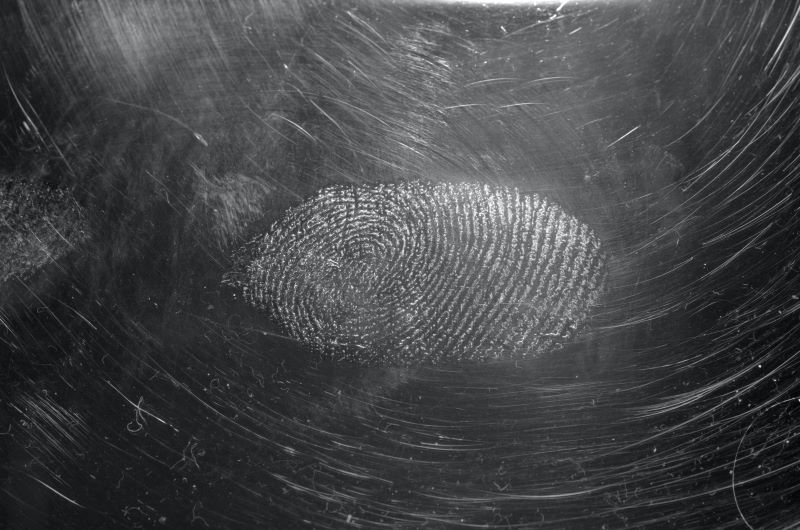DHS announces Small Business Innovation Research awards
 On May 24, the Department of Homeland Security (DHS) Science and Technology Directorate (S&T) Small Business Innovation Research(SBIR) program announced a total of $2.94 million in 20 competitive research contracts for 19 small businesses located across 10 states. Each of these Phase I awards will receive up to $150,000 to prove the feasibility of their concept over a six-month period in a specific area of research.
On May 24, the Department of Homeland Security (DHS) Science and Technology Directorate (S&T) Small Business Innovation Research(SBIR) program announced a total of $2.94 million in 20 competitive research contracts for 19 small businesses located across 10 states. Each of these Phase I awards will receive up to $150,000 to prove the feasibility of their concept over a six-month period in a specific area of research.
“The SBIR program is an excellent starting point for tapping into the innovative approaches of America’s small businesses,” said William Bryan, senior official performing the duties of the under secretary for DHS Science and Technology. “We look forward to seeing what technologies and concepts can be cultivated from the SBIR Phase I awards into useful tools for the Homeland Security mission.”
Nineteen contracts were awarded in seven topic areas:
- Wearable Fentanyl Analog Sensor– Determine the feasibility of a wearable fentanyl sensor useful for alerting DHS and first responder personnel to the presence of harmful levels of selected opioid compounds in the air so that protective measures can be taken prior to the onset of physical effects such as drowsiness, dizziness, nausea and confusion. The device should signal the presence of fentanyl and its analogs within minutes of contact.
- Nano Terra, Inc. (Cambridge, MA)
- Polestar Technologies, Inc. (Needham Heights, MA)
- Vaporsens (Salt Lake City, UT)
- Cell Phone Location Finder for Maritime and Remote Search and Rescue– Develop a proof of concept that will harness the radio-frequency energy from the cellular phone to assist in locating the position via geo-location, direction finding from the emanating energy or other means. The goal is to enable the legal use of affordable geo-location technology developed for the Search and Rescue mission. The device would only be used for locating persons in distress, without disrupting traditional cell phone services.
- Intelligent Automation Inc. (Rockville, MD)
- Physical Optics Corporation (Torrance, CA)
- Toyon Research Corporation (Goleta, CA)
- WGS Systems, LLC (Frederick, MD)
- Detect Interference of Communications Systems– Develop innovative solutions toward a low-cost sensor device that can be used in a mobile/portable environment to detect impacts resulting from RF signal interference from both intentional or unintentional RF sources and alert responders to the hazard.
- Epiq Solutions (Schaumburg, IL)
- Physical Optics Corporation (Torrance, CA)
- Augmentation of RF Transmissions for PNT– Develop a novel approach to identify and augment existing RF transmissions not originally intended for Position, Navigation and Timing (PNT) to aid PNT. The solution may include augmenting the data content of the transmission, augmenting the modulation, coding, or other baseband features of the transmission, or augmenting the RF waveform directly.
- Setter Research, Inc. (Greensboro, NC)
- LMR-P25 and LTE Mission Critical Push-to-Talk Interface Service– Develop an innovative approach for implementation and standardization of interface(s) among the various Land Mobile Radio (LMR) and Long-Term Evolution (LTE) systems used by first responder agencies and departments to successfully enable interoperable mission critical push-to-talk networks over both LTE and LMR.
- Catalyst Communications Technologies Inc. (Forest, VA)
- Murus Cybersecurity, LLC (Schaumburg, IL)
- Improved Human Systems for Computed Tomography– Design innovative solutions to reduce CT screening system operator burden and reduce image review time.
- Design Interactive, Inc. (Orlando, FL)
- IDSS Holdings Inc. (Armonk, NY)
- Next Century Corporation (Annapolis Junction, MD)
- Automated & Scalable Analysis of Mobile & IoT Device Firmware– Establish a practical, scalable approach which automates analysis for the firmware binary of mobile technology. Protect against, detecting, and remediating software vulnerabilities or unwanted functionality (e.g. spyware and other forms of malware) within firmware.
- Kryptowire, LLC (Fairfax, VA)
- RAM Laboratories, Inc. (San Diego, CA)
- Red Balloon Security (New York, NY)
- Security LLC (Jersey City, NJ)
The solicitation, released in December 2017, included the above topics developed by S&T program managers to address the research and development needs of DHS components and the greater homeland security enterprise. At the completion of Phase I, small businesses may be eligible for a Phase II award based on their Phase I project results, and the scientific and technical merit and perceived commercialization potential of their Phase II proposal. The objective of Phase II is to continue the research or research and development effort toward a demonstrable prototype based on the completed Phase I.
Initiated in 2004, the DHS S&T SBIR Program is a competitive contract awards program to increase the participation of innovative and creative U.S. small businesses in federal research and development initiatives and to increase private sector commercialization of SBIR-funded solutions.
Source: DHS S&T








